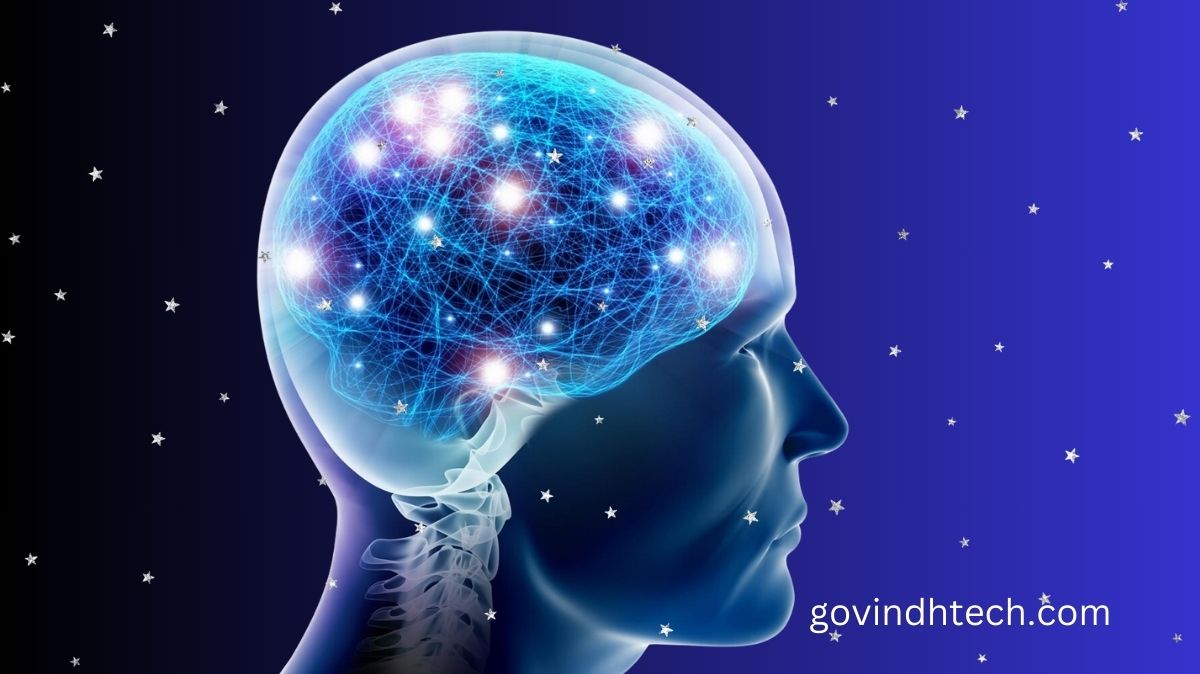Machines with superhuman skills may surpass the human brain sooner than thought, sparking heated debate and conjecture this year. AI awareness increased substantially when ChatGPT and other large language models (LLMs) gained popularity. It also questioned if the human brain sciences can keep up with AI’s rapid advances.
The most kind response suggests that there’s no reason why people and machines have to be fierce rivals. By using AI to explore the infinite complexity of the ancient game of Go, which, like chess, has seen a computer defeat the best human players, researchers were able to find one example of potential cooperation. A March study demonstrated how humans could pick up knowledge from machines possessing such extraordinary abilities.
Furthermore, comprehending ChatGPT’s extraordinary capabilities helps explain why there is a persistent comparison made between the trillions of connections in the human brain sciences and the deep neural networks that power the well-known chatbot.
Crucially, mainstream neuroscience is still actively seeking new understandings of the brain sciences , which has been dubbed “the most complicated object in the known universe,” despite machine learning being a part of AI. The public display of experiments in June that examined the viability of two opposing theories both of which aim to explain the foundations of the conscious self paid tribute to one of the great difficulties facing science in its quest to comprehend the nature of consciousness.
You have a ton of amazing advancements to file away in your working memory from the last 12 months. Here’s a closer look at a few of the notable pieces about the mind and brain sciences that Scientific American published in 2023.
AI RUNS A MACHINE THAT deciphers brain sciences contents
Combining a functional magnetic resonance imaging (fMRI) brain image with AI-driven LLMs to understand a person’s brain sciences showed the potential of AI with neuroscience. At the University of Texas at Austin, the model pretty accurately reconstructed scanner stories. When the individual listened to specific words, the researchers monitored brain sciences activity.
An AI model was then trained using the scan data to identify patterns in the way the brain sciences responded to these phrases. Then the system collected fresh scan data, and the AI made predictions about what a person would hear during those scans based on its training. Since such deductive accomplishments need a great deal of training, it might be some time before you can purchase this kind of equipment on Amazon. The current method can only give you a general idea of what’s going through your mind.
GO INSPIRE BETTER GAMEPLAY VICTORIES
When Google’s DeepMind unit’s “superhuman” AI beat Go champion Lee Sedol in 2016, it caused a stir among people concerned about what this kind of dominance would mean for humans (who had previously lost to machines in chess). Some researchers decided to investigate the specific ways in which Go players responded to losing.
The results, which were released in March, provide hope for how humans and AI systems could interact in the future: According to the study, the Go community saw Sedol’s loss as a teaching moment. Upon examining the program’s movements, these gamers found that a few had never been seen in human gameplay. They then used those movements as an example of an AI-human interaction in their own games, which enhanced the gameplay experience for humans and provided insights into how such partnerships could enhance human decision-making.
By 2048, will they have a final understanding of consciousness?
The result of a 25-year wager between neuroscientist Christof Koch and philosopher David Chalmers made headlines across the globe. The question of whether neuroscience would be able to provide a “clear” neuronal signature of consciousness by this year was settled during a meeting held at New York University in June. Koch, who believed 25 years ago that the consciousness signature would be QED by now, had to grudgingly concede that this ambitious objective remained unfulfilled.
After giving Chalmers a case of expensive wine, he promised to look into the issue again in 25 years to see if any further “clarity” had been attained regarding hacking consciousness. The outcomes of tests meant to evaluate two prominent theories of consciousness were also presented at the conference; it was decided that much more work is needed on both of them.
Getting rid of negative thoughts improves your mood
AI is not the only topic in the brain sciences. Clinical psychologists have accomplished excellent work without always requiring the assistance of an LLM. One easy step you may take at home is to stop any negative ideas that might be running through your mind. Researchers at the University of Cambridge in England found that the notion that if you ignore upsetting thoughts and visuals, they would eventually come back to haunt you is unfounded. For those who suffer from trauma, depression, or anxiety, this is wonderful news. The intensity of one’s inner anxieties does appear to decrease when this negative flow is suppressed.


